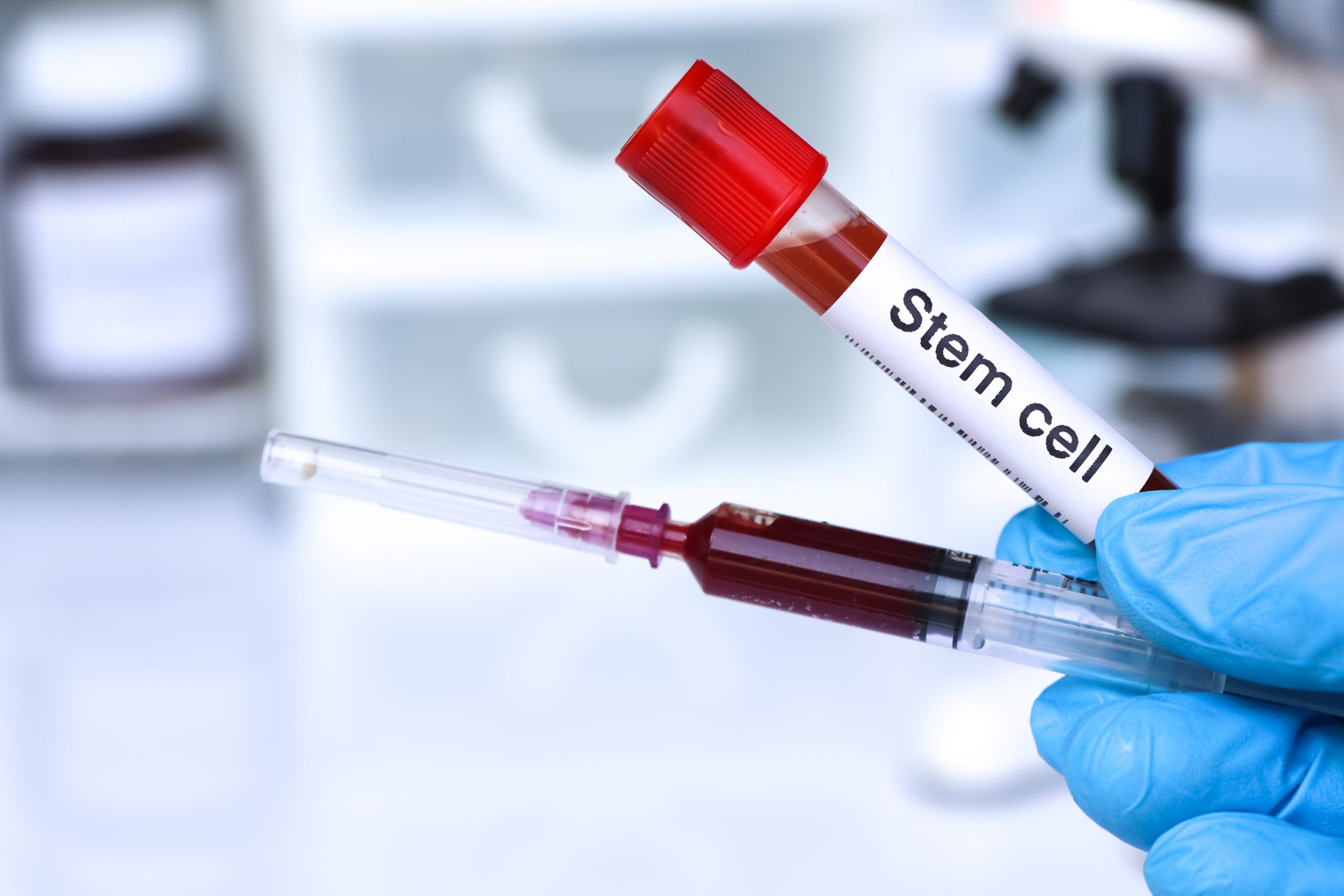Hypogonadism, or testosterone shortage, is the condition whereby the body generates insufficient testosterone, therefore affecting energy, libido, muscle mass, and mood. Restoring hormonal balance and general well-being depends on proper treatment. This calls for a total approach comprising regular monitoring, lifestyle changes, and medication interventions.
Identifying symptoms of testosterone deficiency
When the body’s natural testosterone synthesis declines below normal, a condition known as testosterone deficiency results. Although this disorder is more commonly associated with men, it can affect both men and women equally. Though they vary, symptoms usually include decreased energy, less sexual desire, erectile problems, and mood swings. Choosing an effective testosterone deficiency treatment depends on knowing the underlying reason for testosterone insufficiency, which could be lifestyle choices, medical problems, or age-related decline.
Exploring options for testosterone replacement
Aimed at normalizing testosterone levels and thereby enhancing quality of life, hormone replacement therapy (HRT) is a main treatment for testosterone deficiency. Each of the HRT choices—injections, transdermal patches, gels, or oral drugs—has advantages. While patches and gels give a slow release to reduce adverse effects, injections offer a strong, immediate boost. Because of the potential for liver damage, oral drugs are less common. Individual needs and preferences shape the design of testosterone-deficiency treatment programs.
Modalities of living to support hormonal health
Managing the testosterone shortage also calls for changes in lifestyle. Regular exercise—especially strength training—can raise testosterone levels and increase muscular mass. A balanced diet high in vitamin D and zinc helps to produce hormones. Enough sleep and stress management are paramount; mindfulness and relaxation activities can help reduce stress, which otherwise lowers testosterone levels.
Investigating alternative treatments
Those with testosterone insufficiency symptoms should consult a specialist for guidance. Evaluating treatment alternatives with a healthcare provider can help determine the most suitable course based on personal requirements and health status. Effective management of testosterone shortages can result in significant changes in quality of life, whether through medicinal therapy, lifestyle changes, or both.
Specialized support for managing medical conditions
The company offers customized solutions for managing various medical conditions with thorough, informed plans. Their commitment to enhancing overall health ensures tailored care for individual needs. Anyone facing this health concern, can explore personalized testosterone deficiency treatment options and expert guidance by visiting The Focus Foundation for improved well-being.



